The Commission approved 2.3 bn euro for energy projects, 45 mn are for Bulgaria
Ralitsa Kovacheva, March 5, 2010
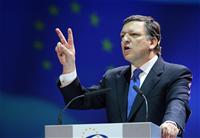 The European Commission approved the second installment from the 4 bn euro energy package, aimed to help financing 43 pipeline and electricity systems projects. With 2.3 bn euro 31 gas pipeline projects will be financed (1,390 mn euro) and 12 electricity projects (910 mn euro). This is the largest sum, approved by the EU so far for energy infrastructure. The EU will co-finance up to 50% of these projects, hoping to contribute this way to increasing with 22 bn euro the investments in private sector.
The European Commission approved the second installment from the 4 bn euro energy package, aimed to help financing 43 pipeline and electricity systems projects. With 2.3 bn euro 31 gas pipeline projects will be financed (1,390 mn euro) and 12 electricity projects (910 mn euro). This is the largest sum, approved by the EU so far for energy infrastructure. The EU will co-finance up to 50% of these projects, hoping to contribute this way to increasing with 22 bn euro the investments in private sector.
Bulgaria will get 45 mn euro for the construction of the interconnection gas network with Greece (Stara Zagora-Dimitrovgrad-Komotini) and 8,929,000 mn euro for the interconnector with Romania. Our country will also receive a part of the 200 mn euro for the Nabucco project.
According to the president of the European Commission Jose Manuel Barroso:
"Under the EU's Recovery Plan we finance 'smart investment' – a short-term stimulus targeted on long-term goals. Investing in key infrastructure will not only give a push to the economy and employment, but it will also help ensuring that citizens homes will have heating and electricity, even in the event of supply disruptions. We have learnt the lessons of the recent gas crisis which is one of the reasons why we decided to allocate major financial assistance to new energy infrastructure projects".
The European Energy Commissioner Guenter Oettinger boasted with the scale of the European investment:
"Never before has the Commission agreed such an important amount for energy projects. We 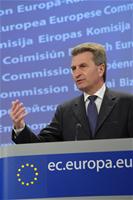 have selected key projects which will help creating a more integrated energy network in Europe ensuring flexible energy flows across Member States' borders. Europe's energy and climate objectives require large and risky infrastructure investments with long pay-back times. The problem is that, in today's economic climate, such projects risk to be delayed. This is a moment where Europe can play an important role in keeping these projects on track".
have selected key projects which will help creating a more integrated energy network in Europe ensuring flexible energy flows across Member States' borders. Europe's energy and climate objectives require large and risky infrastructure investments with long pay-back times. The problem is that, in today's economic climate, such projects risk to be delayed. This is a moment where Europe can play an important role in keeping these projects on track".
All approved projects for electricity and gas infrastructure are speaking for EU's energy priorities: the need for building better interconnections between member states as well as reducing isolation of remote regions, like the three Baltic states, Ireland and Malta. Beside this, these projects prove the necessity of greater energy security of gas deliveries by supporting reverse flow projects in 9 member states and the Nabucco and Galsi projects, aimed at diversification of gas imports.
After in the end of last year the Commission approved funding for carbon capture projects and for wind systems at seaside, the budget for energy projects, according to the European Energy Recovery Programme, is now 97% absorbed. The Commission will present a report at the March European Council.
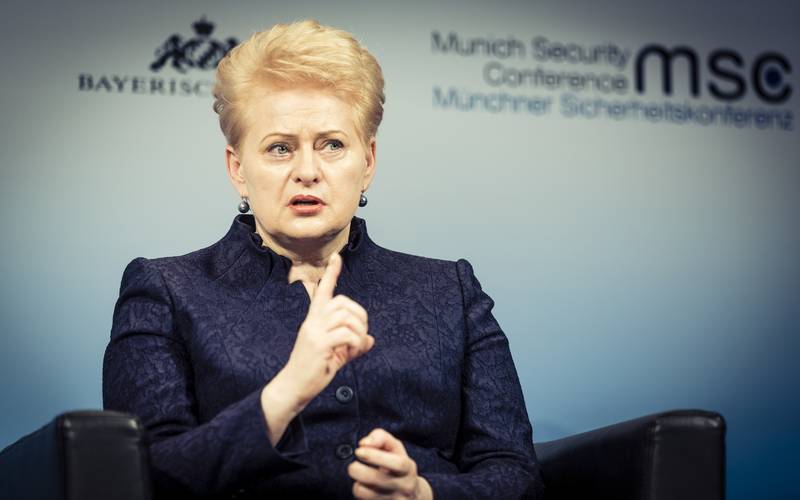 Dalia Grybauskaite | © MSC/Koerner
Dalia Grybauskaite | © MSC/Koerner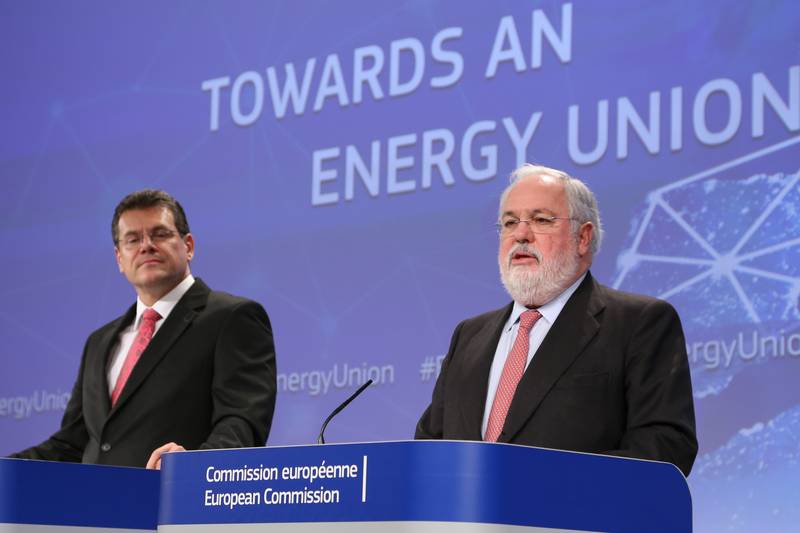 Maros Sefcovic, Miguel Arias Canete | © European Commission
Maros Sefcovic, Miguel Arias Canete | © European Commission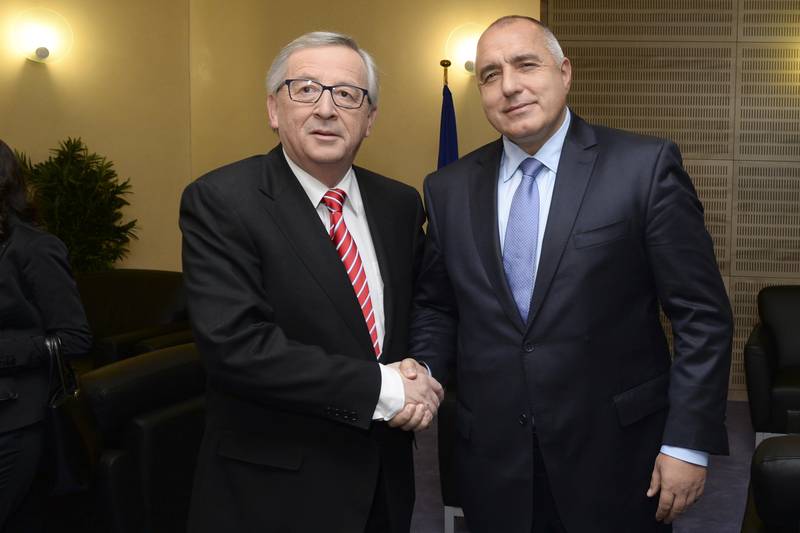 Jean-Claude Juncker, Boyko Borissov | © European Commission
Jean-Claude Juncker, Boyko Borissov | © European Commission